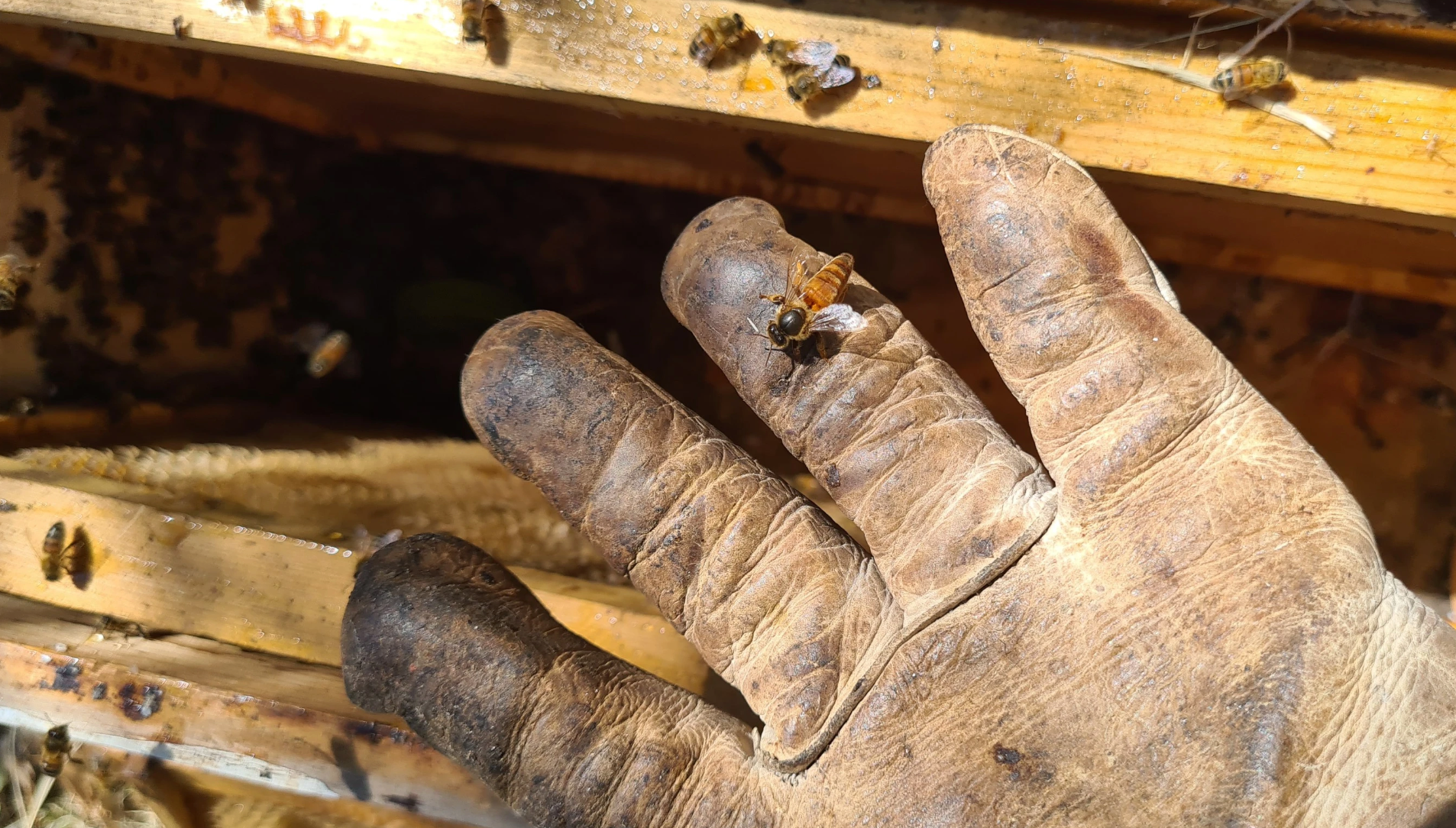In Australia, we rely on bees for pollination of much of our food. However, around the world bees are under threat, and their populations are declining. Is there anything we can do?
We all know how important our amazing little bees are to the environment, and for our food supply. The reality however is in many places, both native and honey bee populations are either dying out, or under pressure. The problem stems from things like intensive farming, mono cultures and improper use of insecticides. These pressures can lead to diseases, and colony collapse.
Here in Western Australia, we are very fortunate to have pristine conditions to produce some of the world’s best, pure honeys. Because of our remote location, we have been a safe haven for bees, free from some of the diseases affecting the rest of the world, but we are not immune, and this is under threat. Honey tampering has been a major topic in recent years, with a Macquarie University study finding that almost 1/5 of honeys for sale in Australia were adulterated. This is of particular concern to local beekeepers, because it de-values our amazing product and unsafe overseas honeys can harbor bee diseases, which are easily spread.
I am regularly asked; is there anything I can do to help the bees? And really the answer is simple – yes! Consider doing 2 or 3 of the following;
1. Buy local honey from a beekeeper at a fair price
2. Sign a petition to improve our food labeling laws
3. Plant a bee friendly garden
4. Spread the word – share this post on social media or talk about this with your friends
Help save the bees, and support your local beekeepers.
If we all take some small action, we can make a big difference!
Further information:
Petition – Country of Origin Labeling
Information on Save the Bees
References
Bee declines driven by combined stress from parasites, pesticides, and lack of flowers Science. 2015 Mar 27;347(6229):1255957. doi: 10.1126/science.1255957. Epub 2015 Feb 26. Dave Goulson 1, Elizabeth Nicholls 2, Cristina Botías 2, Ellen L Rotheray 2 https://pubmed.ncbi.nlm.nih.gov/25721506/
A spatial model of honey bee colony collapse due to pesticide contamination of foraging bees J Math Biol 2020 Jun;80(7):2363-2393. doi: 10.1007/s00285-020-01498-7. Epub 2020 May 15.P Magal 1, G F Webb 2, Yixiang Wu 3 https://pubmed.ncbi.nlm.nih.gov/32415373/
This project maps bees around the globe. Here's why that matters https://www.weforum.org/agenda/2020/11/this-project-maps-bee-species-heres-why-that-matters/
Colony Collapse Disorder – US Environment Protection Agency https://www.epa.gov/pollinator-protection/colony-collapse-disorder
Holistic screening of collapsing honey bee colonies in Spain: a case study Almudena Cepero, Jorgen Ravoet, Tamara Gómez-Moracho, José Luis Bernal, Maria J Del Nozal, Carolina Bartolomé, Xulio Maside, Aránzazu Meana, Amelia V González-Porto, Dirk C de Graaf, Raquel Martín-Hernández, and Mariano Higes https://www.ncbi.nlm.nih.gov/pmc/articles/PMC4180541/
Fake honey in Australia https://www.smh.com.au/business/consumer-affairs/fake-honey-scandal-widens-to-australian-sourced-brands-20181002-p507ar.html
How to make a bee friendly garden https://www.gardenersworld.com/plants/how-to-make-a-bee-friendly-garden/

